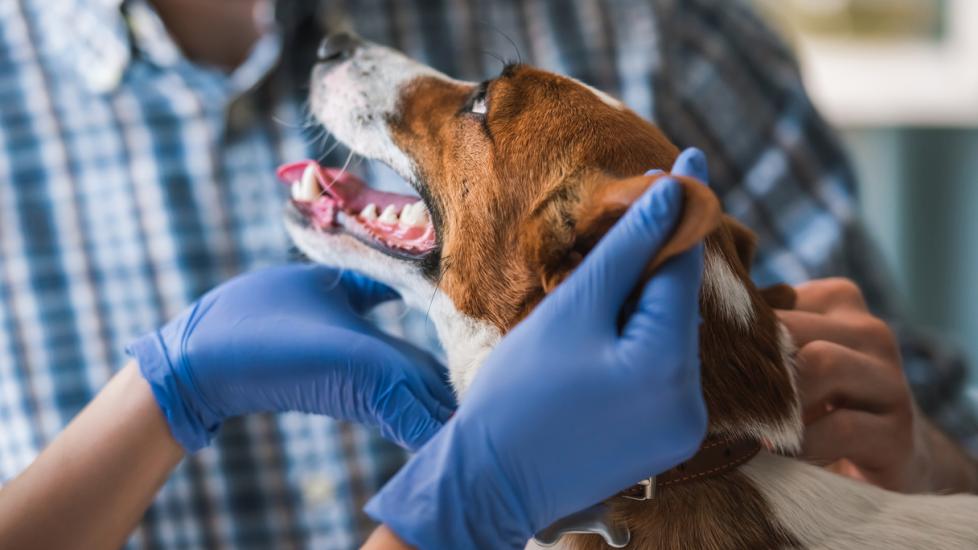In the realm of canine health, a recessed vulva is a condition that warrants attention and understanding. It refers to when a dog’s vulvar lips are abnormally close together or even hidden within the surrounding skin folds, leading to potential issues with hygiene, comfort, and breeding capabilities. As a pet expert specializing in engaging writing on animal-related topics, I aim to illuminate this condition with clarity and empathy, offering practical advice for owners seeking solutions.
The first step towards comprehension is recognizing the symptoms. A recessed vulva often presents as a tightened area where the external genitalia should be visible. The affected dog may experience difficulty urinating due to an obstructed stream, which can lead to recurrent urinary tract infections (UTIs). Additionally, discomfort during mating or heat cycles might be observed if the male cannot access the reproductive organs properly.
Veterinarians typically diagnose recessed vulvas through physical examination, but they may also employ imaging techniques like ultrasound to get a clearer view beneath the surface. Treatment options vary depending on the severity of the case; mild cases could benefit from regular grooming and careful cleaning around the vaginal region to prevent bacterial buildup. For more severe instances, surgical intervention may be necessary to correct the abnormal positioning of the vulval tissue. This procedure, known as vaginoplasty, involves reshaping the vulva to its normal appearance and function.
Prevention plays a crucial role in managing recessed vulvas in dogs. Breeders must prioritize genetic diversity in their breeding programs to reduce the incidence of inherited conditions such as these. Responsible ownership includes monitoring your dog’s hygiene regularly, especially if she has a predisposition toward recessed vulva. Regular check-ups with the vet will help identify any underlying problems early on, ensuring prompt treatment before complications arise.
Owners facing this issue should seek professional guidance tailored to their specific situation. Veterinary professionals have extensive knowledge regarding postoperative care after surgery and ongoing management strategies that include dietary considerations and lifestyle adjustments designed to support optimal health outcomes for pets living with a recessed vulva.
As we conclude our exploration into this common yet sometimes overlooked aspect of feline well-being—recessed vulva syndrome—it becomes evident how critical it is for all involved parties: veterinarians providing expertise; breeders maintaining high standards; owners demonstrating commitment by staying informed about their pets’ needs; and writers communicating complex subjects effectively so everyone understands what steps need taking next time round!
